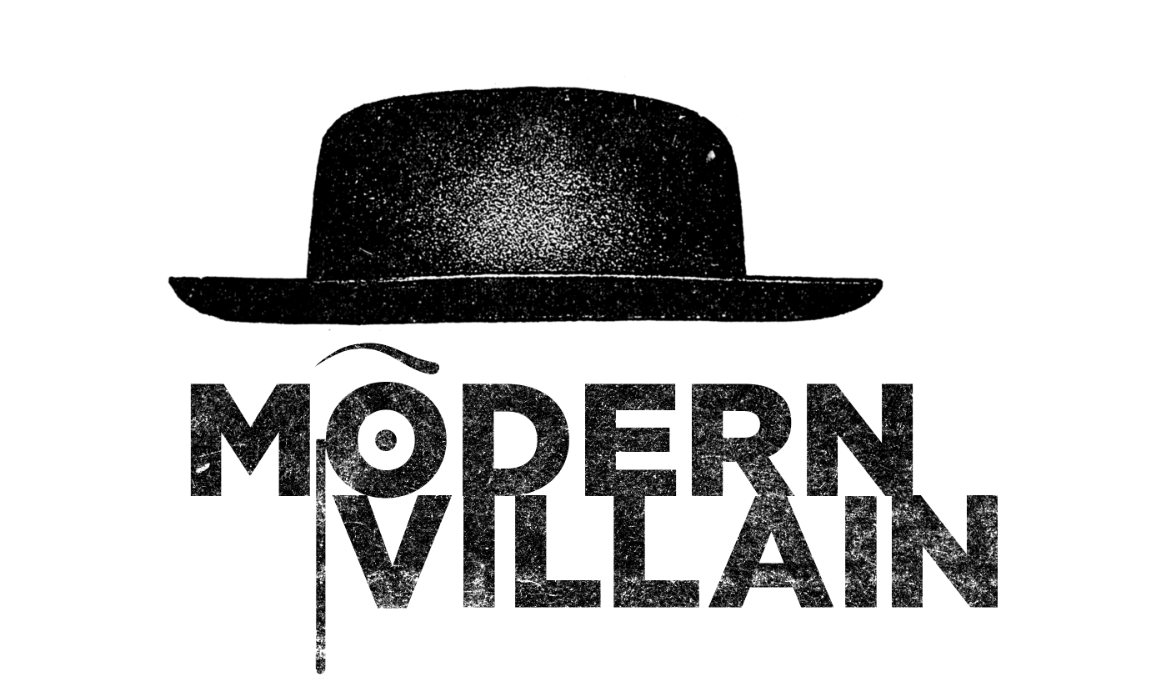I have been fascinated by villains since I was a child. On my "about" page I speak out on my love for "bad guys" as creators of their own worlds, people with limitless ambition, and for always being way cooler than the hero. I also make note that the presence of a strong villain is paramount for a story to maintain forward momentum because, without a villain, there would be no conflict.
Lately I have been thinking critically about what makes someone a villain. I have been trying to iron out a specific definition to unify all of the posts on this website. To that end, I have been considering the following questions:
What is a villain?
A villain is the catalyst for conflict and change, usually negative, in the world where a story takes place. From my "Rooting for the Villain" post: "I usually side with the villain because they are the creators of their own worlds, their own destiny, and without them the stories could not exist. Think about it. Without the Empire there would be no Rebellion. Without Voldemort there would be no "boy who lived". Without Maleficent there would be no "Sleeping Beauty"- just the normal life of a spoiled girl."
Here are some other ways a villain is defined:
- Literally defined by Dictionary.com, a villain is "a character whose evil actions or motives are important to the plot."
- In her post "How to write evil, awesome villains", Rebecca Harrison (One Year Novel) defines a villain as being "the opposition of your hero's positive ideal"
- On page 14 of his book I Wear the Black Hat, Chuck Klosterman writes that "In any situation, the villain is the person who knows the most but cares the least."
Is the villain always the antagonist?
I don't think so. In Harry Potter when the Dursley family refuses to let Harry got to Ron Weasley's house for the summer, or even to go to Hogwarts at all, they are not the villains. To say that a villain is the antagonist is to say that the villain of a story always changes depending on perspective- and I don't think that's true.
In her article "Hero is a Four-Letter World: The Villain" on Writers Store, Melanie Ann Phillips makes the claim that there are four types of villain: the antagonist, the influence character, the second most central character, and "the bad guy".
- The Antagonist exists to "prevent the hero from achieving the goal"
- The Influence Character "represents the opposite moral outlook" of the protagonist and provides the "strongest temptation for the hero to change his point of view"
- The Second Most Central Character villain type places a lot of emphasis on the villain's backstory and screen time- making it easy for him to steal the show.
- The "Bad Guy" role means that it is the villain's "intent to cause trouble for others or to benefit oneself at the expense of others"
What are some popular motivations for villains?
In their post "Three Guidelines for Writing Villains" on The Write Practice, user The Magic Violinist claims: "Most people- in life and in fiction- aren't born as evil people. Maybe they were raised to be bad or something in their life caused them to change their views, but usually something has to make them that way."
I think that most villains have been in a place where they felt totally helpless, powerless, or alone. I think that someone becomes a villain on the day they decide to never feel that way again. In reference to his role as Loki, actor Tom Hiddleston is quoted as saying "Every villain is a hero in his own mind"- This is another reference to the idea of perspective. In a villain's mind, they are changing their world to be as they like it... and the hero only exists to foil their plans.
I've found a list of 39 villain motivations on Darcy Pattison's website and another list over at Super Hero Nation. Here are some villain motivations that both sources agree on:
- Romance
- Justice
- Revenge
- Control/Ambition
- To distinguish oneself
- Greed
- A desire to better society/humanity
- A desire to gain power to achieve a goal
- To escape one's destiny
- To achieve one's destiny
Click here to see 5 Qualities that every villain must have.
-III


